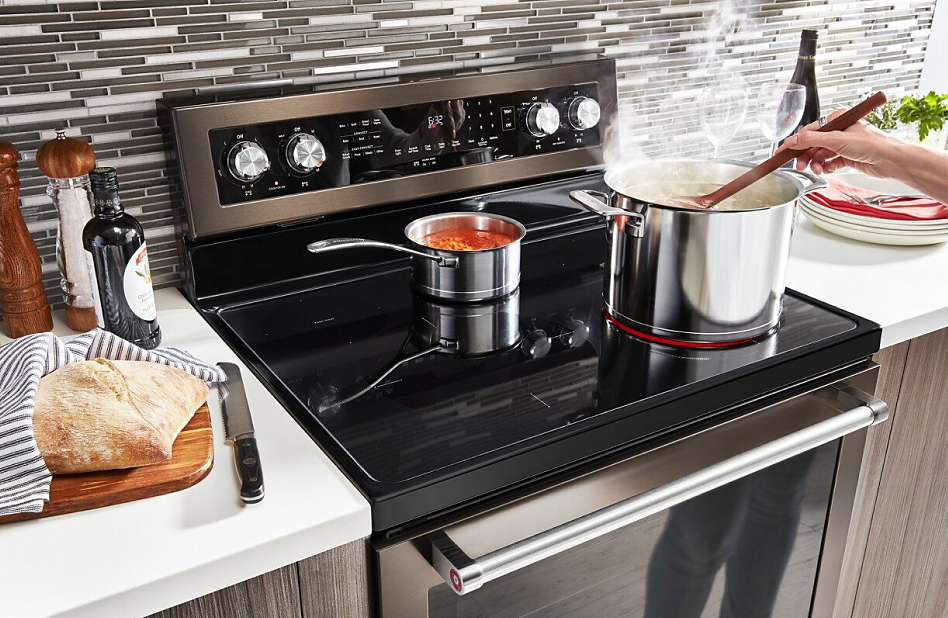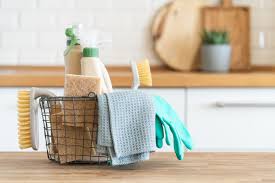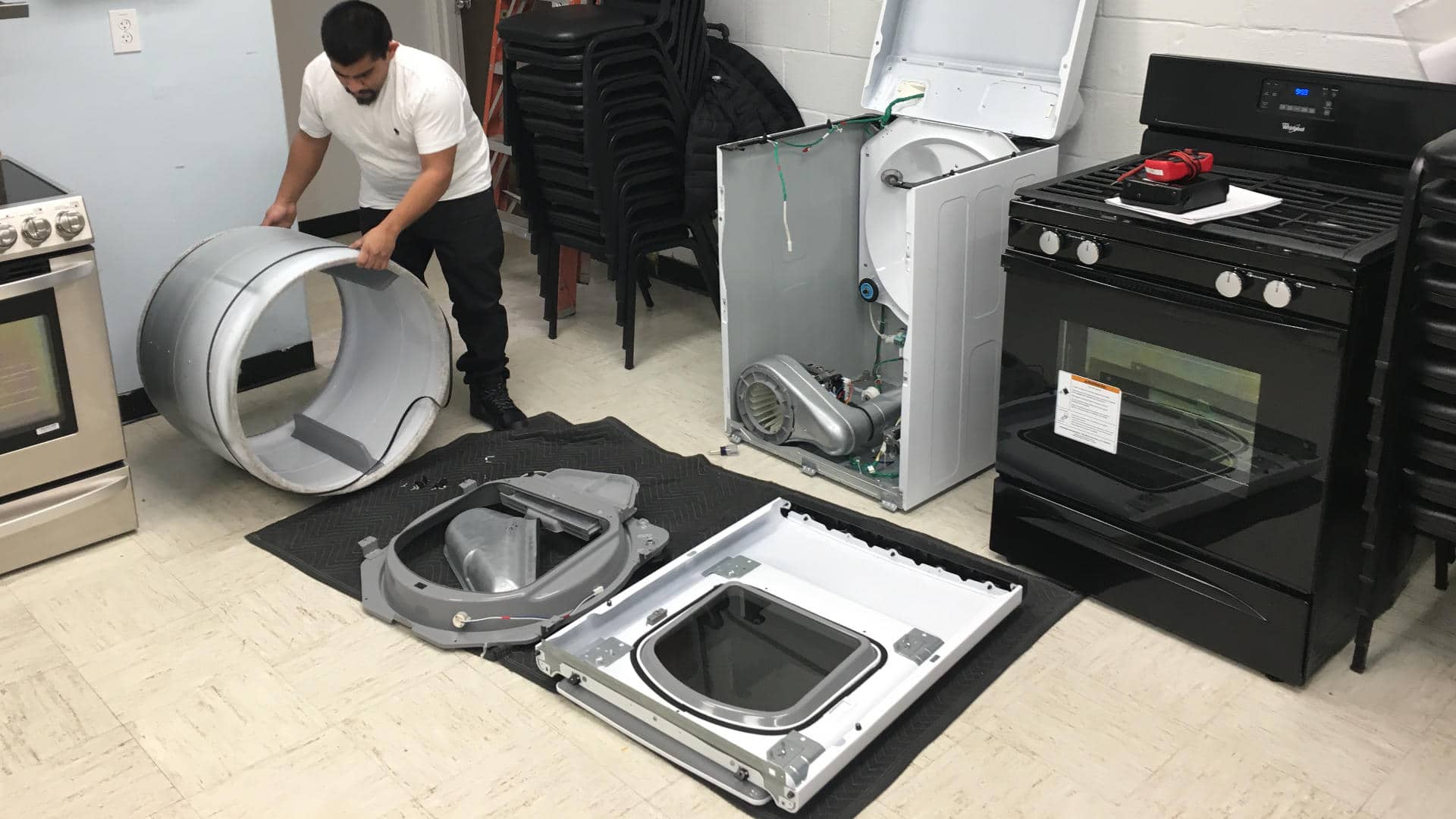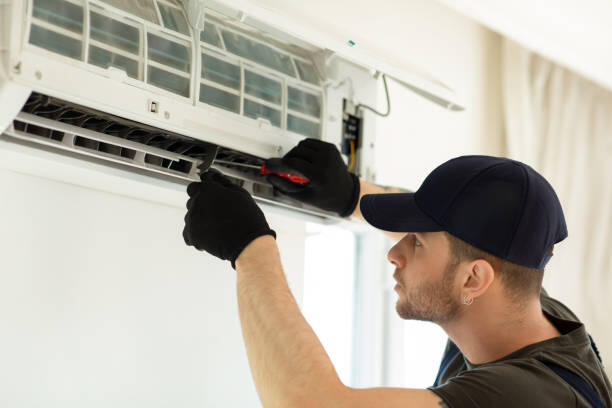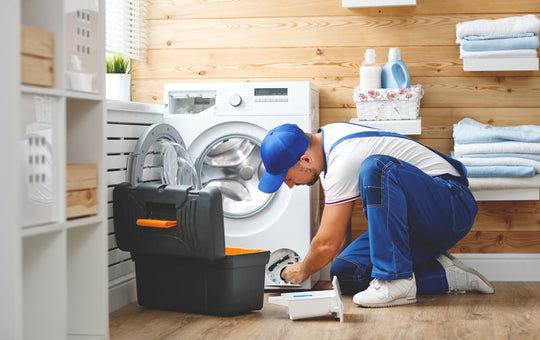How to Extend the Life of Your Home Appliances
How to Extend the Life of Your Home Appliances
Home appliances are essential for modern living, providing convenience and efficiency in our daily routines. However, these appliances can be a significant investment, so it's important to ensure they last as long as possible. Proper maintenance and care can significantly extend the lifespan of your appliances, saving you money and reducing waste. This guide will provide you with practical tips and techniques to keep your home appliances in top working condition, from regular maintenance routines to specific care instructions for major appliances like refrigerators and washing machines.
The Importance of Regular Maintenance
Regular maintenance is crucial for the longevity and efficiency of your home appliances. Neglecting maintenance can lead to decreased performance, higher energy consumption, and costly repairs or replacements. By performing routine checks and servicing, you can identify and address minor issues before they become major problems.
Regular maintenance also helps appliances operate more efficiently. For example, a well-maintained refrigerator will keep food at the optimal temperature without overworking, which can lower your energy bills. Similarly, a washing machine that is regularly cleaned and inspected will perform better and use less water and detergent.
Moreover, regular maintenance can extend the lifespan of your appliances. Simple tasks like cleaning filters, checking seals, and lubricating moving parts can prevent wear and tear, ensuring your appliances function smoothly for years to come.
General Tips for All Appliances
- Read the Manual
- Keep Them Clean
- Check for Wear and Tear
Read the Manual: Always refer to the user manual for specific maintenance instructions and safety guidelines.
Keep Them Clean: Regularly clean your appliances to prevent dust, grime, and food particles from affecting performance.
Check for Wear and Tear: Inspect your appliances for any signs of damage or wear and address them promptly.
Cleaning and Inspection
Cleaning and inspection are vital steps in maintaining your appliances.
- Clean Regularly
- Inspect for Damage
- Lubricate Moving Parts
Clean Regularly: Remove dirt, dust, and debris from both the exterior and interior components of your appliances.
Inspect for Damage: Look for cracks, leaks, or worn parts. Replace or repair damaged components as needed.
Lubricate Moving Parts: For appliances with moving parts, ensure they are properly lubricated to reduce friction and wear.
Proper Usage
Using your appliances correctly can prevent unnecessary strain and damage.
- Follow Instructions
- Avoid Overuse
- Use Appropriate Settings
Follow Instructions: Always use appliances as intended and avoid overloading them.
Avoid Overuse: Give appliances breaks between uses to prevent overheating.
Use Appropriate Settings: Select the correct settings for each task to ensure efficient operation.
Specific Maintenance Tips for Major Appliances
Regularly clean and inspect your appliances, check for wear and tear, and replace damaged parts. For refrigerators, clean condenser coils and check door seals. For washing machines, clean the drum and check hoses. Properly using and maintaining each appliance ensures longevity and optimal performance.
Refrigerators
Clean Coils: Vacuum the condenser coils at least twice a year to prevent dust buildup, which can cause the refrigerator to overheat.
Check Seals: Inspect the door seals for cracks or gaps to ensure the refrigerator door closes tightly and efficiently.
Temperature Settings: Keep the refrigerator temperature between 37-40°F (3-4°C) and the freezer at 0°F (-18°C) for optimal performance.
Washing Machines
Clean the Drum: Run an empty hot water cycle with vinegar or a washing machine cleaner monthly to prevent mold and mildew buildup.
Check Hoses: Inspect water hoses for leaks or cracks and replace them every five years.
Avoid Overloading: Do not overload the washing machine to prevent strain on the motor and other components.
When to Consider Replacing Old Appliances
Even with regular maintenance, appliances will eventually reach the end of their lifespan. Consider replacing your appliance if:
- Frequent Repairs
- High Energy Bills
- Poor Performance
- Age
Frequent Repairs: If you are constantly repairing an appliance, it may be more cost-effective to replace it.
High Energy Bills: Older appliances tend to be less energy-efficient, leading to higher utility bills.
Poor Performance: If your appliance is no longer performing as well as it used to, it may be time for an upgrade.
Age: Most appliances have a typical lifespan. For example, refrigerators last about 10-15 years, and washing machines around 8-12 years.
Eco-Friendly Disposal of Old Appliances
When it’s time to replace an old appliance, consider eco-friendly disposal options:
- Recycling Programs
- Manufacturer Take-Back
- Donation
- Proper Disposal
Recycling Programs: Many municipalities offer recycling programs for large appliances. Check with your local waste management service for details.
Manufacturer Take-Back: Some manufacturers offer take-back programs for old appliances when you purchase a new one.
Donation: If the appliance is still in working condition, consider donating it to a local charity or non-profit organization.
Proper Disposal: Ensure old appliances are disposed of properly to prevent environmental harm. Many components can be recycled, reducing the impact on landfills.
Conclusion
Maintaining your home appliances through regular cleaning, inspection, and proper usage can significantly extend their lifespan and improve efficiency. By following these tips and addressing issues promptly, you can ensure your appliances continue to serve you well for many years. Additionally, when it’s time to replace old appliances, consider eco-friendly disposal options to minimize your environmental footprint. Investing time in appliance care not only saves you money but also contributes to a more sustainable lifestyle.

